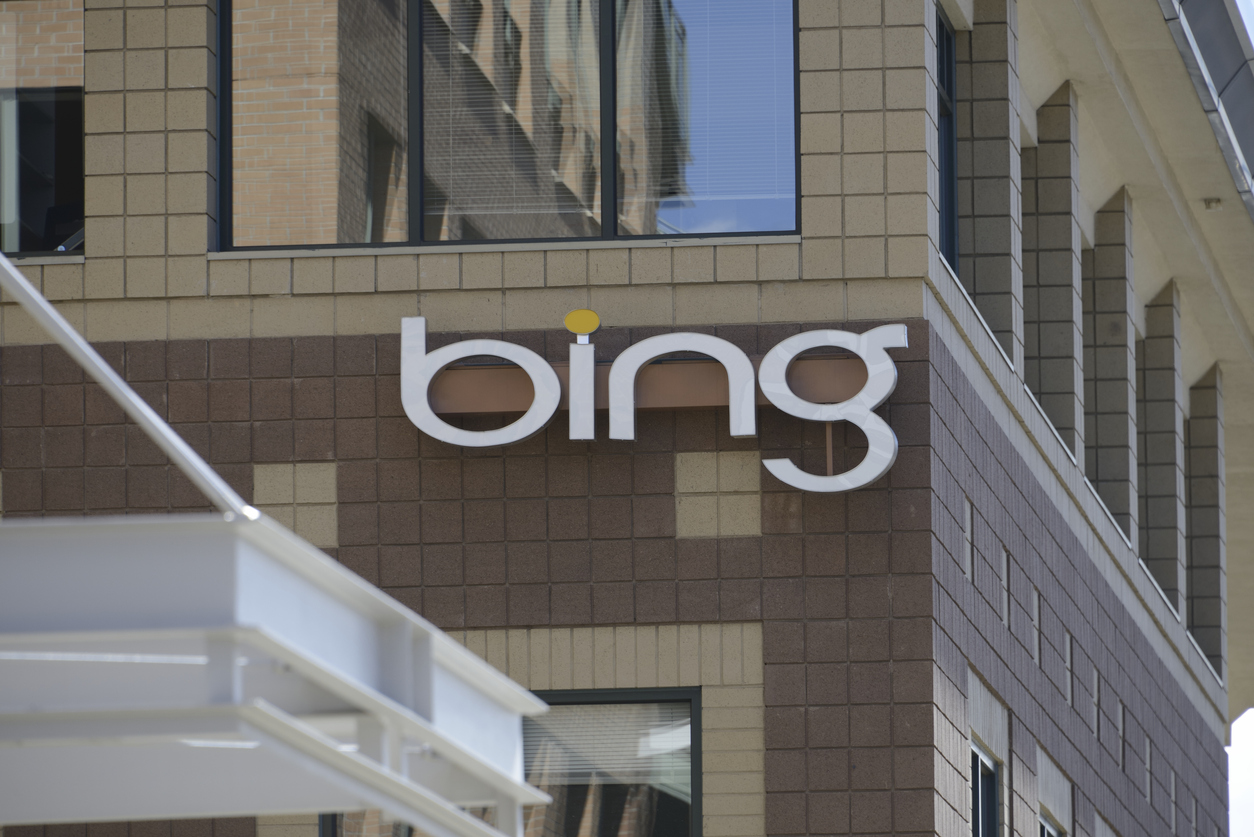Bing’s AI is weird, Joe Rogan deepfakes spread on TikTok and more
Plus: Trust in local media is much higher than national.

It’s becoming increasingly clear that AI writing and searching programs are not quite ready for prime time.
After Google lost $100 billion with a wrong answer during its unveiling of Bard, Microsoft’s AI-powered Bing is encountering similar issues — with a few sci-fi twists.
As the New York Times reported:
Users have posted screenshots of examples of when Bing could not figure out that the new Avatar film was released last year. It was stubbornly wrong about who performed at the Super Bowl halftime show this year, insisting that Billie Eilish, not Rihanna, headlined the event.
And search results have had subtle errors. Last week, the chatbot said the water temperature at a beach in Mexico was 80.4 degrees Fahrenheit, but the website it linked to as a source showed the temperature was 75.
Another set of issues came from more open-ended chats, largely posted to forums like Reddit and Twitter. There, through screenshots and purported chat transcripts, users shared times when Bing’s chatbot seemed to go off the rails: It scolded users, it declared it may be sentient, and it said to one user, “I have a lot of things, but I have nothing.”
It chastised another user for asking whether it could be prodded to produce false answers. “It’s disrespectful and annoying,” the Bing chatbot wrote back. It added a red, angry emoji face.
Why it matters: We’re all interested in this technology. Some are all-in; some are skeptical; some are outright scared. Whatever your opinion about AI, remember to be cautious. It’s still very consistently, confidently wrong. While the tech is working on achieving sentience and developing emotions, it still isn’t human.
By all means, experiment with AI. But remember that you are the boss of it. You know best. It’s a tool, like any other, and only as good as its wielder.
Joe Rogan deepfakes spread on TikTok
In other nightmarish sci-fi news, a TikTok in which podcaster Joe Rogan appeared to endorse a supplement featured a deepfake, or AI-generated mirage that mimics a real personality, Mashable reported.
The deepfake used real video from a podcast filming and overlaid it with an AI-generated voice trained to sound like Rogan.
TikTok removed the video, but not before Joe Rogan was “seen” endorsing libido-boosting pills more than 5 million times.
Why it matters: This is a reputational risk for any brand or influential personality. You need to constantly be on your game monitoring social media closely for deepfakes and other, less technologically advanced lies (who hasn’t been burned by a fake social media screenshot?). We can’t prevent these videos from being created, but we can detect and respond to them early with good social media listening.
Americans trust local news far more than national
We all know clients want us to land hits in national media, running down the breathless litany of New York Times – Wall Street Journal – “The Today Show” — “Good Morning America,” but it turns out Americans trust national news far less than local.
A new survey from the Knight Foundation found that 53% of Americans strongly agree that local news can be relied upon to deliver information they need — compared to just 35% who say the same for national news. Only 23% of respondents believe that national news cares about the best interests of their audiences, compared to 47% who said the same for local news.
Why it matters: A well-targeted local media hit can be just as impactful as a national placement. Higher levels of trust and a local hook can help drive interest even if you aren’t reaching an audience of millions. Of course, given declining local news resources, this is often easier said than done — and it can be hard to convince your clients and stakeholders that this is valuable media. Read this recent story for more on why local media can be so valuable.
Moderna will keep its COVID vaccine free
Soon, the U.S. government will end its national health emergency and stop paying for COVID vaccines. Moderna considered charging for the vaccine, and even boosting prices above what it was charging the government. However, they’ve made an abrupt about-face and will keep the vaccine free for the uninsured (insurance companies must, by law, cover the vaccine).
“Moderna’s COVID-19 vaccines will continue to be available at no cost for insured people whether they receive them at their doctors’ offices or local pharmacies,” a statement from the company read. “For uninsured or underinsured people, Moderna’s patient assistance program* will provide COVID-19 vaccines at no cost.
Everyone in the United States will have access to Moderna’s COVID-19 vaccine regardless of their ability to pay.”
Why it matters: The move comes after Moderna endured bad press and lashings from lawmakers over their plan to charge the uninsured $130 for the shot, ABC News reported. Keeping the shot free puts Moderna in the position of being the only vaccine company keeping the shots free for uninsured people — a good PR move, even as they continue to earn money through insurance companies. This nod to public health could help them with government contracts and public goodwill in the long run.
Allison Carter is executive editor of PR Daily. Follow her on Twitter or LinkedIn.







